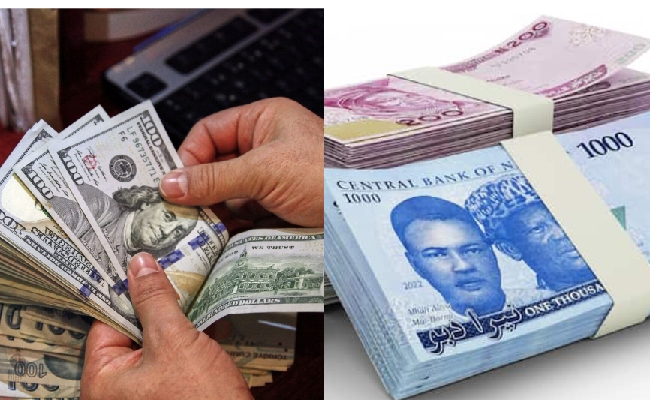In a surprising turn of events, the Nigerian naira experienced a significant setback, closing trading on the Investor & Exporter forex window at N996.75/$, marking a 13.95% decline from the previous day’s close at N874.71/$.
This represents a staggering 27.75% loss in value since the beginning of the week when it opened at N780.23/$, making the naira one of the worst-performing African currencies in 2023, according to FMDQ OTC Securities Exchange.
Despite recent efforts by the Central Bank of Nigeria to stabilize the foreign exchange market, the naira’s decline has been relentless, affecting both official and parallel markets. In the parallel market, the currency saw a 20% decline, dropping from N950/$ on Friday to nearly N1,140/$ on Thursday, as reported by Bureaux De Change operators.
Concerns about the naira’s depreciation have prompted reactions from market players. A trader named Kadri revealed that the dollar was now being traded at N1,140 if one wished to buy and N1,100 for those selling. Another trader, Awolu, expressed willingness to purchase the dollar at N1,100 from potential sellers.
Aminu Gwadabe, the President of the Association of Bureaux De Change Operators of Nigeria, attributed the dollar’s gain against the naira to speculators anticipating a halt in continuous injection by the Central Bank. He noted that market reactions and resistance from those who purchased the dollar at higher prices were contributing factors to the current situation.
Amidst growing concerns, the presidency has announced plans to implement policies aimed at strengthening the local currency. Dr. Tope Fasua, Special Adviser to the President on Economic Matters, assured that the government, led by President Kashim Shettima, is rolling out strategic measures to address the challenges faced by the naira. Fasua emphasized that the government’s actions would surprise those speculating and wishing for the currency’s depreciation.



